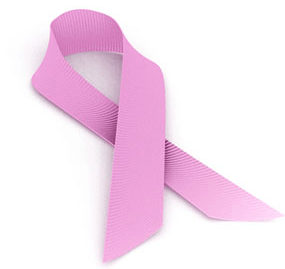


The Ghana Health Service (GHS) in the Upper East Region, says cervical cancer is one of the leading causes of cancer-related deaths in women in Ghana and across the world.
The Service noted that thousands of women were diagnosed with the preventable disease each year, and many lost their lives prematurely.
In a speech delivered on his behalf at a press briefing in Bolgatanga, Dr Braimah Baba Abubakari, the Regional Director of the GHS said: “The main cause of cervical cancer is persistent infection with the Human Papillomavirus (HPV).”
The press encounter was to discuss the HPV vaccination campaign scheduled from October 7 to 11, 2025 for girls aged nine to 14 years old.
The eligible girls would receive a single dose of the Gardasil four vaccine with the main objective to prevent cervical cancer and pre-cancerous lesions caused by the HPV.
Dr Abubakari explained that cervical cancer developed in a woman’s cervix, the entrance to the uterus from the vagina, and reiterated that the HPV causes cervical cancer.
“Cervical cancer is the fourth most common cancer in women across almost every country and, globally, about 600,000 new cervical cancer diagnoses each year, a little over half that number in deaths,” he said.
The Director said the cancer was the second most common cancer in Ghana, and the second leading cause of cancer-related deaths among women in Ghana, “Nearly 2800 new cases and 1700 deaths occurred in 2020.
“Approximately, 70 per cent of women with cervical cancer in Ghana are diagnosed when their tumours have progressed to advanced stages. Five-year survival rates for cervical cancer range from 95 per cent for stage one disease to 15 for stage four,” Dr Abubakari said.
He said science and public health advancements provided a safe and effective vaccine that prevented HPV infection and reduced the risk of cervical cancer and other HPV-related conditions.
Dr Abubakari indicated that the World Health Organization’s (WHO) vision for global strategy to eliminate cervical cancer by 2030 as a public health concern could be achieved through elimination targets of 90 percent of girls fully vaccinated with the HPV vaccine before age 15.
He said 70 per cent of women screened with high-performance test (pap smear) by 35 years and repeated at 45 years, and 90 per cent of them identified with cervical disease received treatment.
He recalled that Ghana conducted the HPV vaccine pilots from 2013 to 2015 with objectives to assess feasibility, acceptability and learn lessons for introduction into the Routine Immunization (RI).
He said the first HPV demo conducted in 13 Districts; seven in Central Region and six in Northern Region, was completed in 2013, while the second demo conducted in two phases in four Districts, two each in Greater Accra and Northern Regions, completed in 2015.
Dr Abubakari noted that even though there were some few reported Adverse Event Following Immunization (AEFI), which included mild and transient fever, headache, site and abdominal pains, there were good efficacy and safety profiles.
“Ghana has therefore prioritized the introduction of the HPV vaccine as part of our Expanded Programme on Immunization (EPI) to protect our young girls before they become exposed to the virus,” he said.
He said the scheduled vaccination campaign was not just a health intervention, but commitment to safeguarding the lives of future mothers, sisters, and leaders.
Dr Abubakari called for media support to amplify the right message to every corner of the Region saying, “Together, with the power of partnership and the voice of the media, we can make cervical cancer a disease of the past.”
Source: GNA
The post Cervical cancer is one of leading causes of deaths in women – Ghana Health Service appeared first on Ghana Business News.
Read Full Story


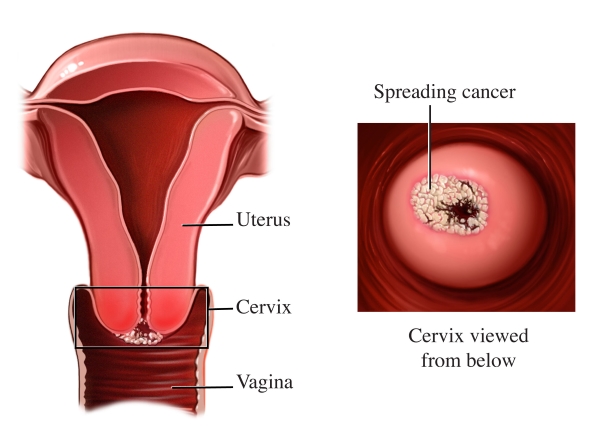

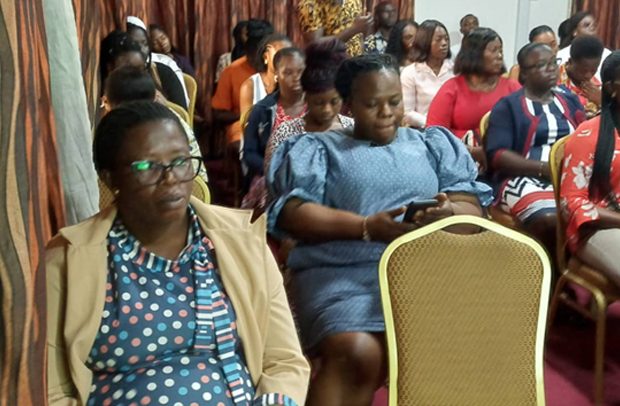
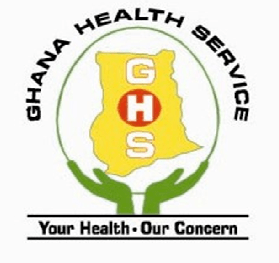





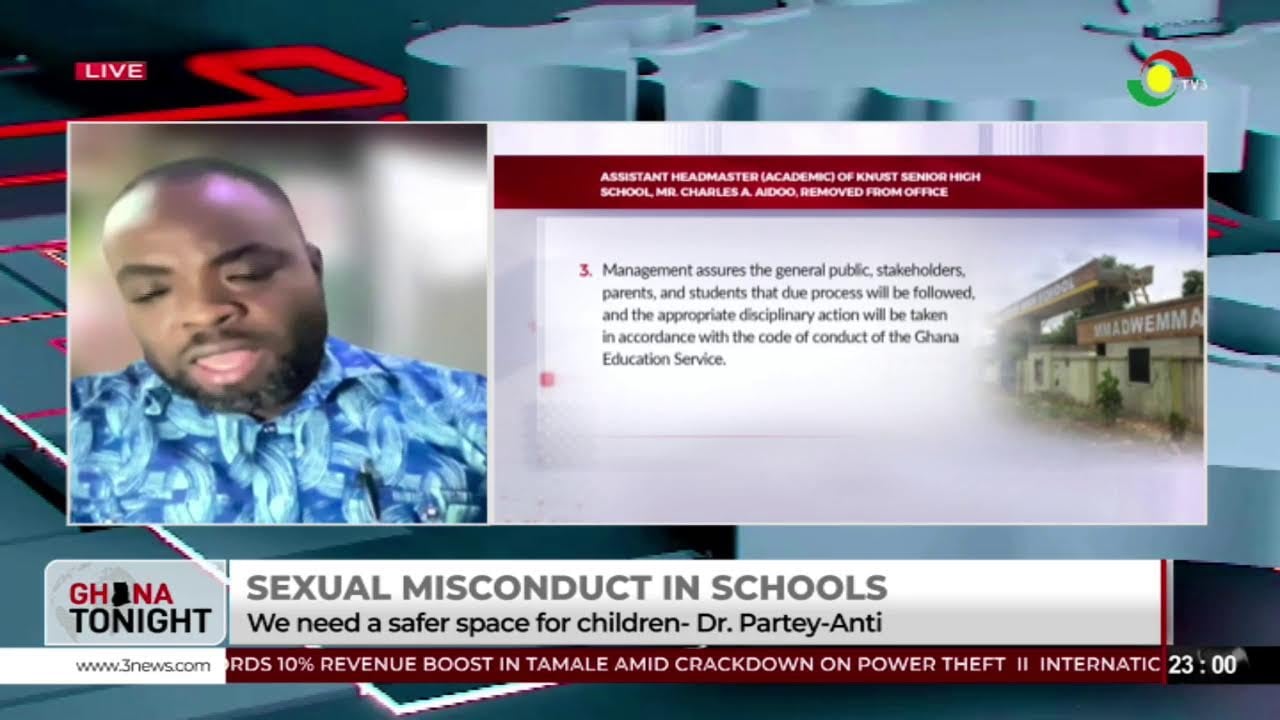











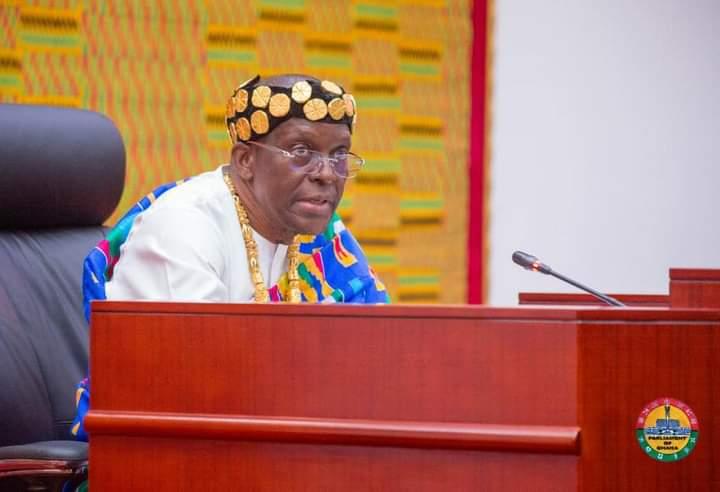

Facebook
Twitter
Pinterest
Instagram
Google+
YouTube
LinkedIn
RSS